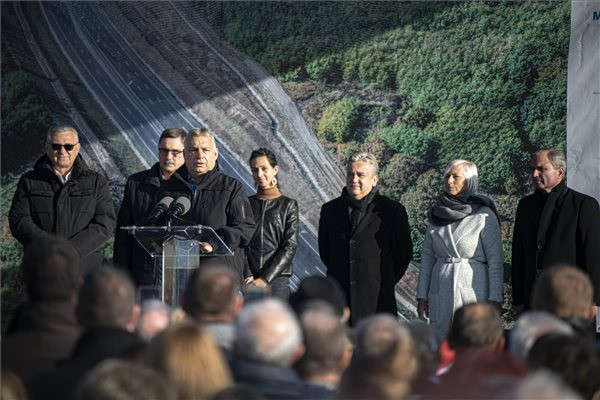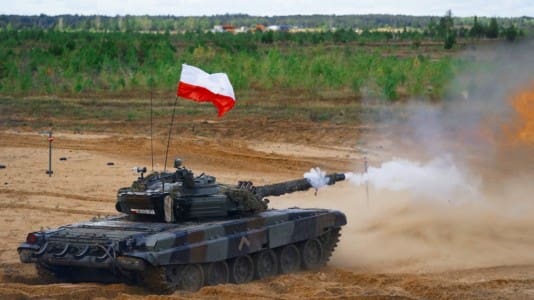Hungary has completed its last, 57-kilometer stretch of the Central and Eastern European mega project, the Via Carpathia highway, Prime Minister Viktor Orbán announced on Tuesday.
“We need to reshape our thinking to realize that we are entering an era where we do not have to plan routes from Budapest, but have the old natural, cohesive areas that are worth connecting,” Orbán said at the inauguration of the highway stretch linking the northern Hungarian town of Debrecen with Slovakia to the north.
Via Carpathia is a transnational network of expressways and motorways connecting Klaipėda in Lithuania with Thessaloniki in Greece, with the highway running north to south, a key pillar in efforts to connect the Central and Eastern European region. It was originally agreed upon by Lithuania, Poland, Slovakia and Hungary in 2006 and later Poland and Ukraine also joined the project. It is expected to be completed in 2025 and is expected to supercharge commerce, travel and integration across a broad swath of Central and Eastern Europe.
“Ours was a thriving region until it was torn apart by the great powers after the First World War. It is the mission of our generation to try to put together what outside forces and the great powers have fragmented,” Orbán said. He added that “if we do not do this, the potential of the Hungarian countryside will not be realized.”
Orbán also pointed out that in 2010, his government’s infrastructure policy had three main goals: link all county seats to an expressway or motorway, all Hungarian citizens should have access to a fast road in less than half an hour’s drive and all existing high-speed roads should reach a border.
He said the country is well on its way to achieving these goals, with only three county seats not connected and 87 percent of Hungarians within reach of an expressway or motorway.
Since his government came to power, Hungary has built 600 kilometers of expressways and highways, Orbán said.





